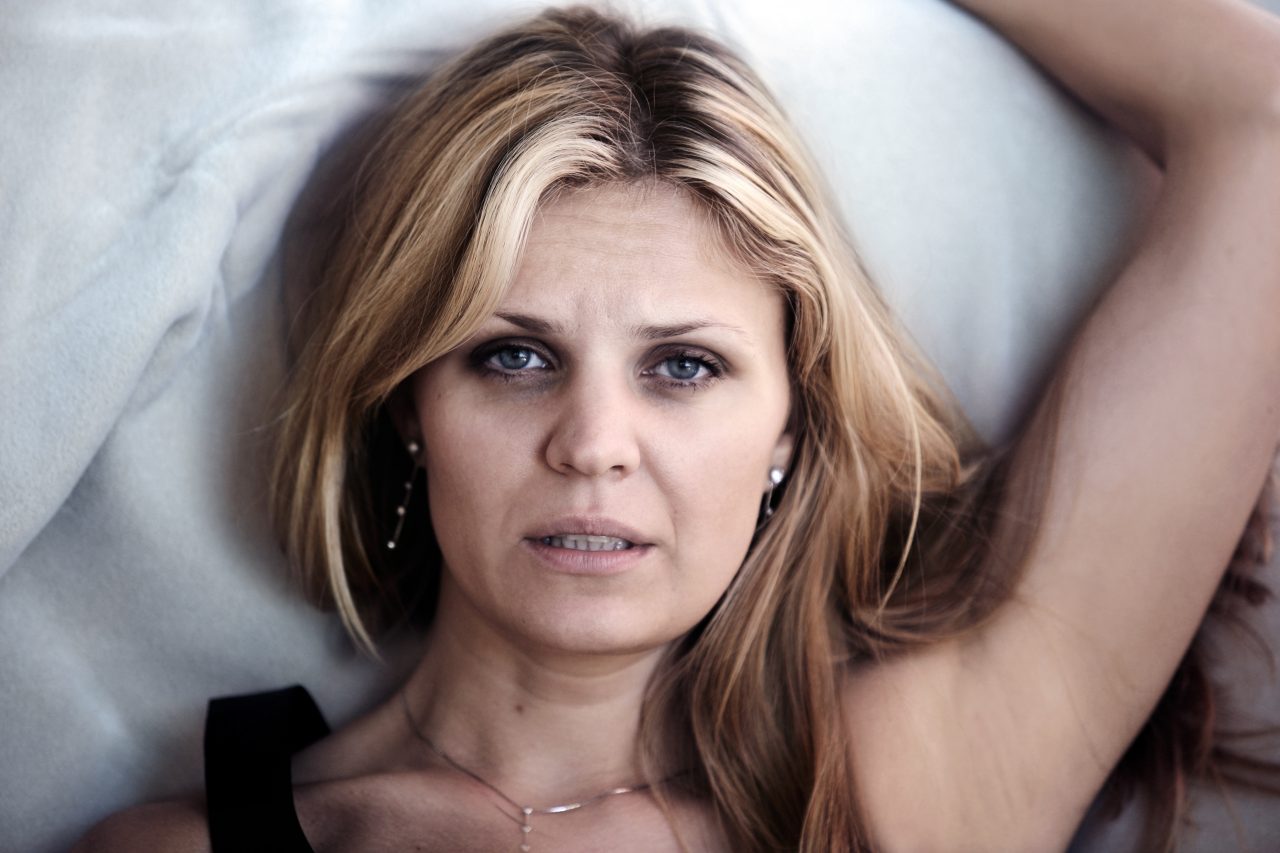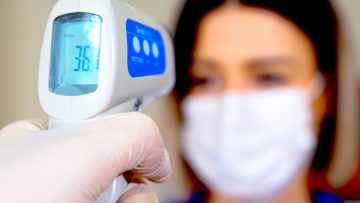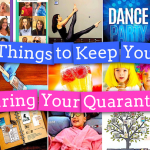Menopause and Sleep
 Menopause and sleep go together like oil and water, and the oil is starting to get really cranky. Just at a time when sleep is so vital to our overall emotional and physical health, it evades us like a toddler running away from a spoonful of peas. The more we chase, the more frustrated we become, the harder it is to catch that dang kid running us in circles. Isn’t it bad enough our skin is losing its elasticity, our bladders aren’t behaving and our memories are shot? Ironically, sleep would help all of this, but the same changes causing this ugly pile of symptoms is also causing insomnia.
Menopause and sleep go together like oil and water, and the oil is starting to get really cranky. Just at a time when sleep is so vital to our overall emotional and physical health, it evades us like a toddler running away from a spoonful of peas. The more we chase, the more frustrated we become, the harder it is to catch that dang kid running us in circles. Isn’t it bad enough our skin is losing its elasticity, our bladders aren’t behaving and our memories are shot? Ironically, sleep would help all of this, but the same changes causing this ugly pile of symptoms is also causing insomnia.
Why does this happen?
The answer is complicated, so I’ll be brief. First, decreasing estrogen levels cause vasomotor changes and hot flashes, which can disrupt sleep. Second, the hormonal changes can produce anxiety and depression, both of which cause sleep problems. Anxiety usually results in difficulty falling asleep, and depression results in non-restorative sleep and and early morning wakening. Third, and this is less medical and more from personal experience, as a result of poor sleep, you find yourself on a crazy train hamster wheel (yes that’s a thing), on which your mind spins and your body feels awful. The longer it takes to fall asleep, the longer it takes to fall asleep. You stare at the clock, counting down the minutes you have left to try to steal some shut eye, and you wake feeling more stressed and depressed. Plus, you have to wash the sheets because you did that full body sweat thing that doesn’t smell like sweat and makes you wonder how there can be that much liquid in your pores.
Once again, my mantra: Be good in this life, so you can come back as a man in your next.
What can you do about it?
The traditional treatment for symptoms of menopause is hormone replacement therapy. HRT comes in different forms, pill, cream, patch, all designed to do the same thing — putting back into your body some of the hormones you are losing to try and even out the levels. It works very well for some women, but it also carries risk and you may not be a candidate. It is something about which to speak with your doctor. Your doctor may also think it worthwhile to try an antidepressant or anti anxiety med. Have an open mind, as you may just need some help getting over the hump.
As far as sleep goes, there are a couple herbal treatments I like.
• L-theanine 200mg about an hour before bed can help settle your mind. It won’t make you tired, but like Xanax, it can stop the racing thoughts.
• Melatonin has long been shown to improve sleep. Start with a low dose (.5mg) and give it a week or so before passing judgement on its effectiveness. Melatonin is found in the body and it helps regulate our circadian rhythm. At night, levels rise to help us fall asleep. Some people with insomnia might naturally have low levels and may benefit from a little more. Take it 2 -3 hours before you want to fall asleep, not right at bedtime. If you take other medications, speak with your doctor about possible interactions.
• Soy Isoflavone can be taken in pill form, or you can increase the amount of soy in your diet. While not as effective for hot flashes as HRT, some studies have shown soy can reduce them. Fewer hot flashes could equal better sleep. For dosing of supplements, follow the instructions on the packaging.
• Herbs worth trying are chamomile and valerian root.
And, now for the part I know you don’t want to hear. You can improve your sleep with lifestyle changes — I know these are harder than taking a pill, but they have no untoward side effects and can establish healthy habits for many years to come.
- Cut out screens at least an hour before bed. The blue light is crushing us.
- Decrease alcohol consumption. Wine especially, seems to affect the sleep cycle in menopausal women.
- Avoid stressful conversations and interactions in the hour or two before sleep.
- Try meditation 15 minutes before bed.
- Focus on stress reduction by establishing an exercise routine, cutting down on caffeine and incorporating more mindfulness into your day.
- Initiate sex, with yourself or with a partner. While your exhaustion may make you feel like it is the last thing you want to do, the sleep and stress reduction benefits are many.
Remember, through menopause (and always) be kind to your body. Hating ourselves and what we are going through is a recipe for increased symptoms and anxiety. This is a very natural, albeit trying, stage in life, and you are not alone. Speak with friends, sisters, mothers and others who have gone through it or are going through it. Find out what works for them, commiserate, complain and then move on. Don’t take it lying down, be proactive, and also accept the changes that are happening. Life is too short to wish away any time, even one as challenging as menopause.
Eating to Boost Your Immune System

Why is My Body Temperature SO LOW?






















